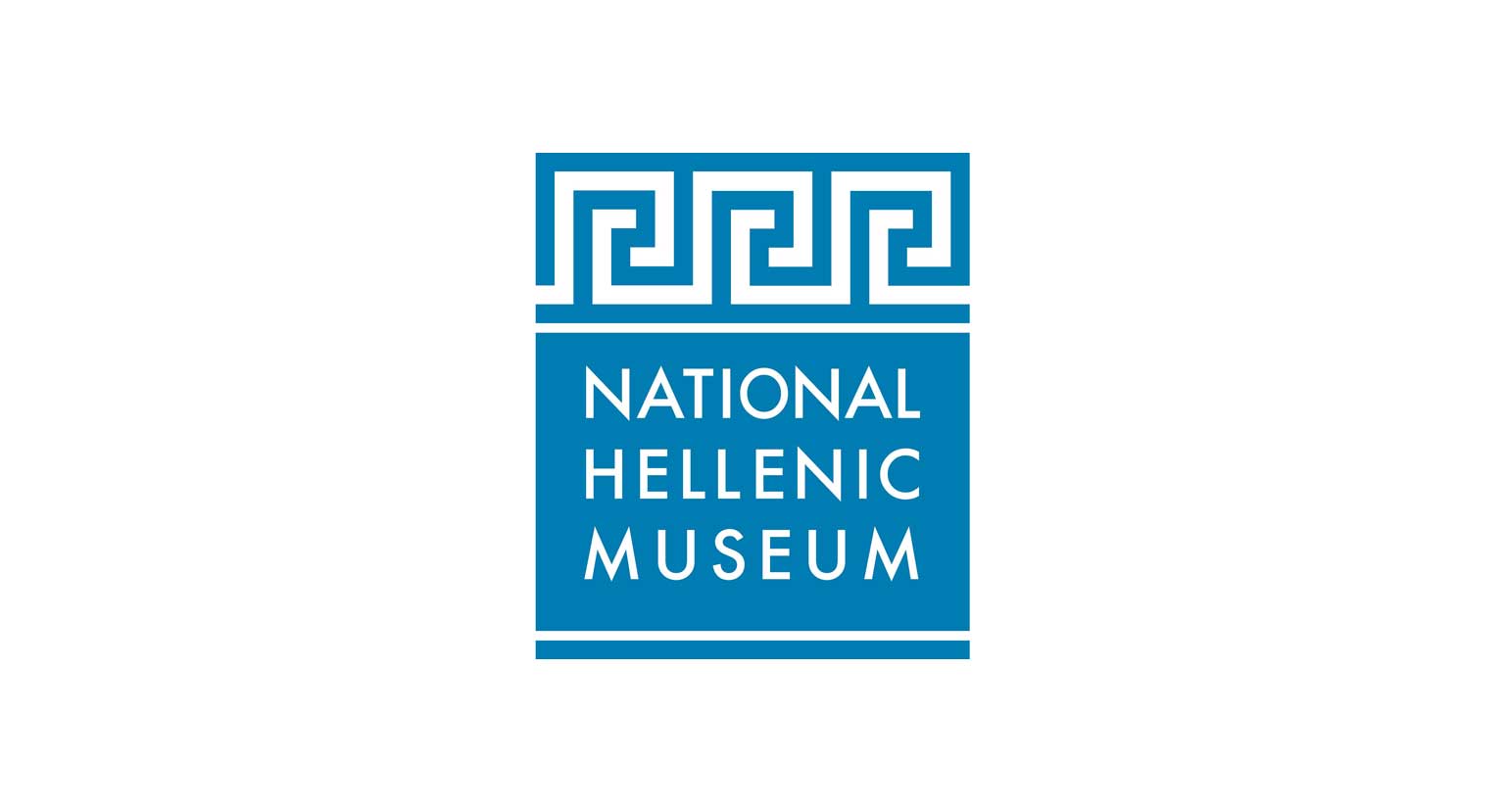
Greek Independence and Freedom Struggles
By Dr. Katherine Kelaidis, Resident Scholar and Director of Academic Collaborations at the National Hellenic Museum
The ancient Athenian general and historian Thucydides, who lived toward the end of Athens glorious brush with liberty, wrote, “Happiness is the fruit of freedom and freedom is the fruit of courage.” Freedom to speak, think, and live as one chooses is the source of true happiness, but it can only exist where people are courageous enough to defend it. Freedom, Thucydides judged, was not for the faint of heart. Everywhere there were those who sought to take freedom away: foreign invaders, corrupt politicians, even one’s own soul when it became too lazy to do the hard work of constant self-examination.
Considering the fragility of freedom, it should come as no surprise that freedom is rare. Billions of people have lived on this planet over the millennia, and most have not lived a single day with true liberty. In addition to the large swaths of humanity who have been enslaved or bound to serfdom, legally consigned to a state of un-freedom, there are those who have lived under ruthless dictators, petty tyrants, or simply unthinking despots, victims of the unhappy fact that human societies seem to default to the repressive. These account for most of our species through most of history.
That is why those few precious moments, in those few peculiar places, were freedom has existed have so long enchanted the human imagination. Fifth century B.C.E. Athens is one such place. The city of Pericles and Plato, of Aristotle and Demosthenes, has inspired generation with its sparklingly light of liberty. Of course, in truth, Athens, like any other place, was far from perfect. Athens was a slave holding society, where women and resident non-citizen were denied the fundamental rights that made Athens so glorious for its male citizens. Nonetheless, the fact that even some had an opportunity at independence and self-government has made Athens a near mythic place in the annals of history.
It was the memory of Athens, of “the Glory that was Greece,” that encouraged a generation of Philhellenes to join the Greek fight for independence from the Ottoman Empire. The Greek War of Independence, which began two hundred and one years ago this month, did not just attract the passion of ethnic Greeks, but instead brought together people from around the world who had been nurtured on stories about ancient Greek freedom. These people saw in the very particular struggle of the Greeks against the Ottoman Empire, a more universal battle for the freedom that should rightly belong to every human being. This connection was possible because for centuries, in Western Europe and in those places where Western Europeans colonized, the idea that the ancient Greeks were the model of civilization par excellence dominated education and cultural life. Because of the universalizing of ancient Greek history, the modern Greek struggle for independence became a global one.
In the end, it was likely this wider concern that garnered the Greeks their freedom and a country, but it created a kind of war that had never been seen before. I call these “freedom struggles.” Freedom struggles are local battles for independence or liberty that capture the imagination of those outside of the conflict to the extent that they are compelled to aid in the war. Some raise money or gather arms. Others go join the fight. While the Greek War of Independence was the first of these, there have been others. For example, the Spanish Civil War. Today there is one such freedom struggle brewing in Ukraine.
The anniversary of Greece’s independence, amidst a war for freedom in Ukraine, offers us all an opportunity to reflect upon the courage that in needed for freedom, that rare and precious gift to survive. It also offers an opportunity to consider all the times that a local struggle for liberty has become a worldwide effort and the unique role that the Hellenic legacy has played in creating these freedom struggles.
That is why the National Hellenic Museum would like to invite you to join us online on Friday, March 25 at 7 p.m. CDT for a special NHM Discussion in celebration of Greek Independence Day. NHM Discussions: Greek Independence and Freedom Struggles Around the World invites us to reflect on the courage upon which freedom relies and the unique role Greek history has play in the broader history of freedom. You can click here to register. We hope to see you online.
Please visit us at nationalhellenicmuseum.org to learn more about our work and support our effort to promote inquiry and share the Hellenic legacy for generations to come.

